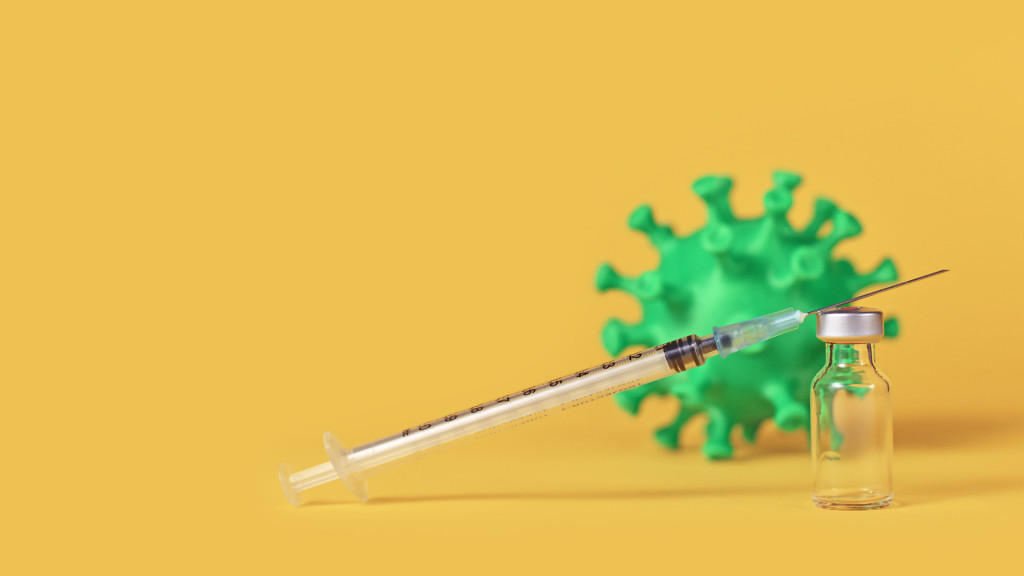The incredible scientific feat of developing a vaccine for a global pandemic in less than 12 months should be commended. But the work is far from done, and in fact, the largest challenge remains before us.
According to a November Axios/Ipsos poll, just 14 percent of Black adults said they completely or mostly trust that a coronavirus vaccine will be safe and only 18 percent trusted that it will be effective and for Latino adults, those numbers were 34 percent and 40 percent, respectively.
This begs a particularly important question. Why should non-white communities trust a health care system that has historically brutalized and marginalized people of color? We need to look no further than the Tuskegee syphilis experiments or Henrietta Lacks, a young black mother who unknowingly had cells taken from her cervical tumor which were used for scientific purposes, to see where major ethical and social crimes took place that has built this distrust.
It is without argument that these events were terrible. But they were able to shine a spotlight on serious ethical issues in the medical community, including informed consent and patient privacy, for which federal laws now exist today. Now in 2021, amidst a still growing global pandemic for which a vaccine has been found, it’s time to break this cycle of distrust between the medical and minority communities in order to narrow health disparities affecting people of color. But how can this be accomplished through broken trust?
It’s a two-sided coin and without concerted efforts from all parties, there will be major challenges to overcome in order to effectively get the COVID-19 vaccine to our minority communities. The medical community and people of color need to work collaboratively to make amends and build trust. Both groups must take a step forward to meet in the middle, but I strongly urge the medical community to extend the first olive branch.
Minority communities are unique for many reasons, and the medical community must not only recognize that, but adjust their messaging and approach to the COVID-19 vaccine. Yes, it’s important to provide adequate education and access to the vaccine, but more important is breaking the cycle of distrust, confusion, and fear.
Right here in Pennsylvania, our non-white communities have been disproportionately impacted by the coronavirus pandemic. It took months to launch a COVID-19 mobile response unit to reach these communities with free testing and educational resources that were in English as well as Spanish. And even with these heroic efforts, so many people across the Commonwealth continue to lack access to the healthcare resources and PPE items desperately needed at this time. Can we expect the dissemination of the COVID-19 vaccine to be different?
I hope so. But it will take a commitment from the medical community who have side-stepped the minority community for far too long. It will take a proactive and collective effort to break this cycle – and it can begin with the COVID-19 vaccine.
I urge Pennsylvania’s community health partners to pay special attention to reaching our minority communities with the COVID-19 vaccine. It will take the right approach to instill trust and gain credibility. This includes meeting them where they are, making education and resources accessible, understandable, and translated where needed, and breaking down any financial barriers.
And to my fellow brothers and sisters of color, in order for us to traverse these health disparities and protect ourselves against COVID-19, we have to be proactive contributors. Simply put, we have to take part in the process. That will look different for everyone, but at minimum I encourage you to educate yourself with trustworthy sources, speak to medical professionals you respect, and seek guidance from those who have your best interests at heart.
